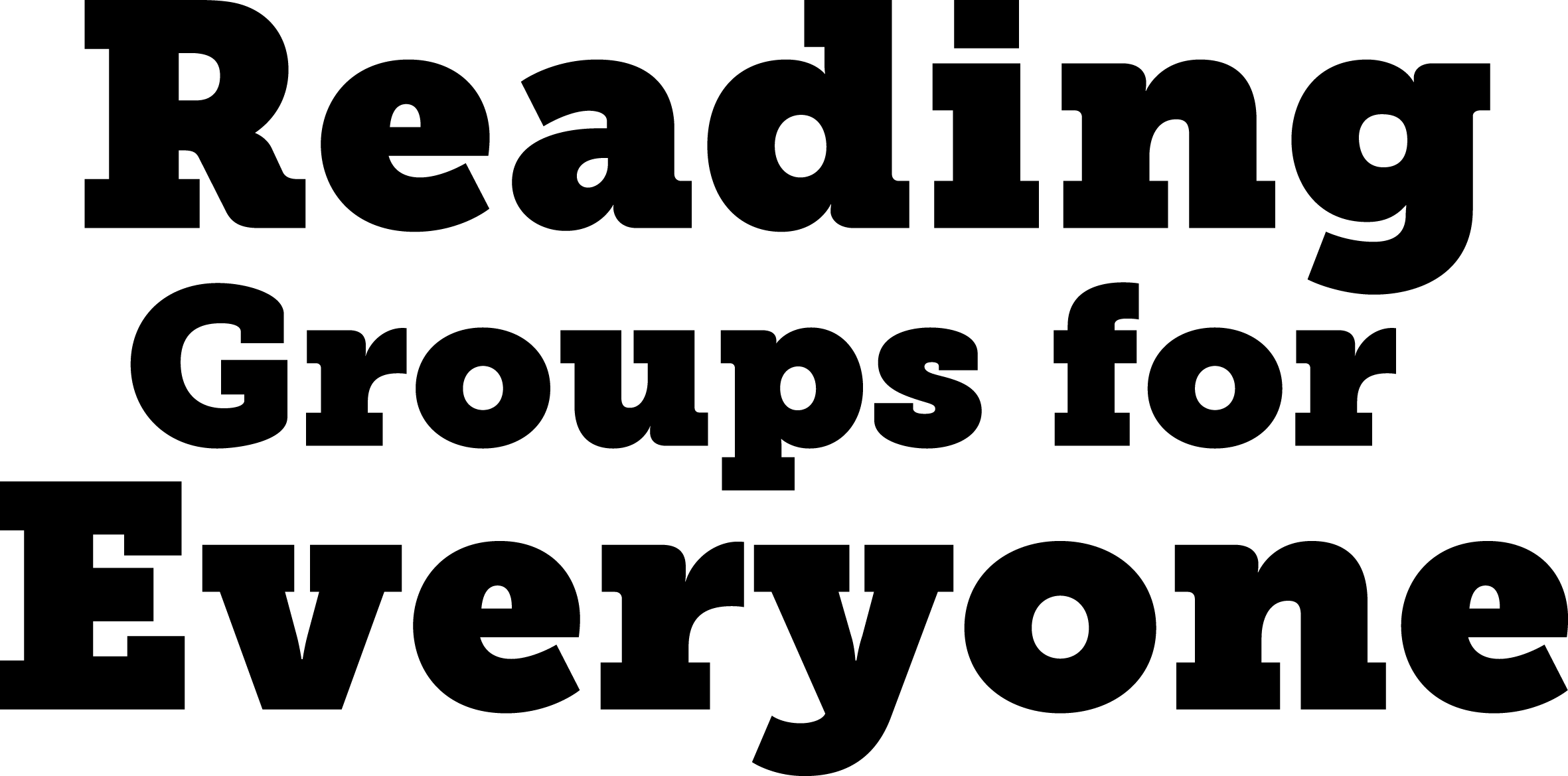
1962–1971
The sixties marked a turning point in cultural and political history. For the Commonwealth, it signalled the start of the rapid acceleration of decolonisation across the Caribbean and Africa. The collapse of the Federation of the West Indies led to countries in the region becoming independent. Over the next decade, Trinidad and Tobago, Jamaica and Barbados all joined the Commonwealth as independent states, alongside other countries such as Kenya, Uganda, Singapore and Fiji. This decade also saw the first Commonwealth Heads of Government Meeting convene where the Singapore Declaration was issued, laying out the core political values that would go on to define the Commonwealth.
Questions for your reading group
- The 1960s are seen as the moment youth culture exploded. How does your text(s) represent youth?
- The impact of colonialism, past and present, is represented in many different ways in these texts. How is this portrayed in your book(s) and in what ways does it affect the narrative?
- The 1960s saw advances in gender equality around the world. How are women represented in your book(s)?
- How do the protagonists in the text(s) deal with figures of authority?
- The concept of masculinity is central to some of the texts in this decade, what comment do you think the author is trying to make in your book(s)?
- Does religion play a role in your text(s)? If so, how?
- What linguistic choices does the author(s) of your text(s) make? Why have they chosen to use language in this way?
- What other books published between 1962-71 would you recommend?










